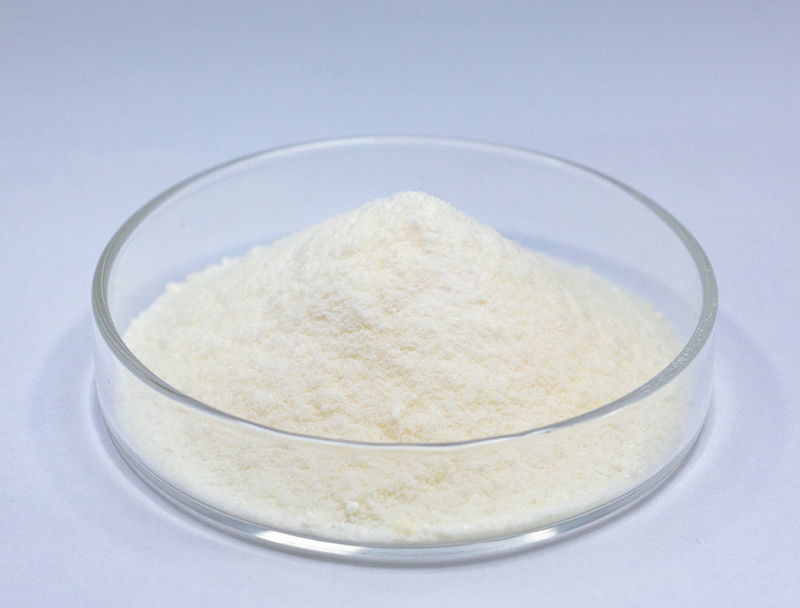
Advanced biosystems are built around a comprehensive selection of feedstocks to manufacture advanced biological products.
Preserving durable supply chain sourcing dictates persistent stability and principled industry advancement.
an array of drawbacks from conventional supply chains including carbon-intensive impacts and resource exhaustion. Accordingly, manufacturers should embrace green sourcing tactics to shrink their ecological impacts.
- Cases of responsible feedstock strategies feature:
- Using repurposed agricultural residues as substrates
- Adopting looped production models to decrease loss and amplify reuse
- Partnering with local suppliers committed to ethical sourcing practices
Moving toward responsible sourcing creates ecological improvements and economic resilience.
Maximizing Feedstock Quality for Increased Biofuel Output
Optimizing biofuel yields depends strongly on feedstock quality and makeup. Scientists are constantly exploring novel strategies to optimize these feedstocks, creating higher productivity and an eco-friendlier fuel landscape. Initiatives integrate bioengineering to scale biomass production and pretreatment workflows to free fermentable sugars.
- Additionally, researchers are focusing on identifying new sources of biomass, such as algae, waste products, agricultural residues, to expand the range of sustainable feedstocks available for biofuel production.
- Via sustained research the industry stands ready to accomplish considerable improvements that enable a greener energy transition.

Biopharmaceutical Manufacturing: Advancements in Upstream Processing
embraces initial workflow stages from growth to harvesting Ongoing innovations have accelerated process enhancement leading to greater yields.
Salient improvements involve specialized expression hosts, fine-tuned media strategies, and next-gen bioreactor concepts. Such breakthroughs boost efficiency and simultaneously reduce manufacturing costs and carbon burdens.
- Similarly, continuous process trends grant superior flexibility and refined control across production stages.
- This move toward intelligent production systems is expected to reshape the industry and hasten drug development.

Next-Gen Gene Editing for Enhanced Protein Expression
innovations in genome-editing toolsets have enhanced biopharmaceutical manufacturing. By precisely targeting genes within host organisms, researchers can enhance the yield of valuable therapeutic proteins. This route supports the creation of more affordable and productive treatments for multiple disorders.
Microbial Biotechnology as a Sustainable Cleanup Strategy
novel biological remediation techniques leveraging microbial metabolisms for pollution control. Specialized microbes can enzymatically degrade pollutants to reduced-toxicity products.. By harnessing this natural potential, we can develop environmentally friendly strategies for cleaning up contaminated sites and mitigating the negative impacts of industrial activities.. Analysts explore microbial consortia for targeted removal of metal toxins, pesticide residues, and petroleum contaminants.. Microbial strains work in bioreactor settings or on-site applications to convert pollutants through biological pathways..
Using microbes for cleanup carries distinct advantages compared with chemical or physical remediation approaches. The approach tends to lower treatment costs and avoids producing toxic residuals. Concurrently, these solutions provide focused remediation without widespread environmental harm. The field is rapidly refining methods to make microbial remediation more efficient and broadly effective.
Bioinformatics Tools Transforming Drug R&D
Computational tools have grown indispensable in the current drug discovery landscape. By screening targets and refining candidate molecules, informatics drives faster, evidence-based development.
- By interrogating large-scale omics and clinical information, scientists find new targets and predict candidate efficacy.
- Also, in silico modeling of molecular interactions accelerates optimization toward more selective therapeutics.
- Finally, bioinformatics is revolutionizing the drug discovery and development process, accelerating the time to bring safe and effective treatments to patients in need.
Synthetic Biology Routes for Elevated Bioproduct Synthesis
utilizes multiple approaches to enhance production of desirable bioproducts in cells. Techniques span CRISPR-mediated edits to reshape pathways, synthetic control elements to fine-tune expression, and gene imports to grant new biosynthetic abilities.. Through careful adjustment of metabolic routes engineers can markedly elevate product titers.
This combined approach has capacity to change industries from drug manufacture to food production and bioenergy.

Challenges and Opportunities in Scaling Up Biopharmaceutical Production
Industrial-scale production introduces demanding hurdles as well as strategic advantages. Preserving batch-to-batch quality when scaling up is a key challenge. Solving it involves resilient control frameworks, high-resolution monitoring, and modern analytical tools.

Another concern is that bioprocessing workflows are inherently complex and multi-staged.. Refining processes for commercial volumes demands deep R&D investment and novel engineering solutions.. Nonetheless, the advantages can be major. Successful scaling up can lead to increased access of life-saving therapies, reduced production costs, and enhanced profitability.
Various efforts target the core issues of industrialization. Efforts include process-digitization tools, integrated analytics for monitoring, and fresh manufacturing paradigms.
- R&D initiatives significantly drive enhancements in manufacturing capacity.
- Regulatory agencies are working to streamline approval processes for new manufacturing technologies, facilitating innovation in the field.
Aligning Biomanufacturing with Regulatory Standards for Patient Safety
The development of biopharmaceuticals is a complex process that requires stringent regulatory oversight to ensure both patient safety and product efficacy. Therapies derived from biological organisms carry special considerations not typical of conventional pharmaceuticals.
Organizations like the FDA and EMA provide essential guidance and set standards for authorizing novel biotherapeutics..
Thorough testing frameworks are compulsory during all stages of development including after market release.. These steps are designed to surface risks and verify that biopharmaceuticals comply with elevated safety thresholds..
In addition, regulatory entities adapt their Calcium Propionate frameworks to stay current with rapid research and technological developments.. Actions include accepting new technologies and streamlining development channels while safeguarding patient health.

Evaluating Plant Biomass for Bioplastic Production
The rising demand for eco-friendly materials fuels R&D on bio-based alternatives. Converting plant biomass into bioplastics offers a credible pathway to environmentally sound products. Sources like cornstarch, cellulose fibers, and sugarcane biomass can transform into compostable plastics that decompose and reduce pollution.
Likewise, some plant-derived plastics perform similarly to petroleum-based materials for a variety of uses.. Continuous R&D will drive plant biomass into scalable bioplastic manufacture and help establish closed-loop material systems.
Biotech Innovations Addressing Health and Food Challenges
Modern biotech tools present opportunities to improve global health and stabilize food production. Applying targeted genetic edits, synthetic biology frameworks, and cellular therapeutics, practitioners produce measures to address infectious disease, boost harvests, and upgrade nutritional content.. As an example, crop genetic improvements for pest and stress resistance help boost production and cut dependence on chemical pesticides.. Also, biotechnological innovation fuels development of immunizations, antimicrobial treatments, and diagnostic platforms vital for disease control and population health.. As research progresses, biotechnology holds immense promise for creating a healthier and more sustainable future for all.
